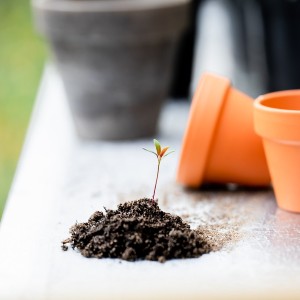The impact of soil-transmitted helminths infection on growth impairment: systematic review and meta analysis

Accepted: 25 October 2023
Supplementary Materials: 17
HTML: 189
All claims expressed in this article are solely those of the authors and do not necessarily represent those of their affiliated organizations, or those of the publisher, the editors and the reviewers. Any product that may be evaluated in this article or claim that may be made by its manufacturer is not guaranteed or endorsed by the publisher.
Authors
Human helminthiasis, particularly soil-transmitted helminth (STH) infections, is a prevalent health concern in Indonesia, especially among children, often resulting in growth disorders, notably stunting. To examine the link between STH infections and childhood stunting, we conducted a comprehensive review of literature spanning 2012-2023, encompassing 40 selected articles from databases like PubMed, Science Direct, and Google Scholar. Our analysis revealed a substantial association between STH infections and increased stunting risk in children, estimating a 44.407% rise in stunting risk due to STH infection. Stunting, a consequence of chronic malnutrition, profoundly affects a child's physical and cognitive development, with long-lasting repercussions on their future potential and quality of life. This study has significant implications. It underscores the urgent need for robust public health interventions targeting STH infections, especially in high-prevalence areas like Indonesia. Measures such as mass deworming campaigns, improved sanitation and hygiene practices, and health education can significantly alleviate the burden of STH infections and the resulting stunting. Moreover, the research emphasizes the intricate relationship between infectious diseases and malnutrition, highlighting the necessity for a holistic approach to child health. Addressing STH infections necessitates not only medical intervention but also efforts to enhance overall living conditions and nutritional status. Integrating these approaches into a comprehensive public health strategy can yield more effective and sustainable results in the fight against childhood stunting. In conclusion, this study underscores the paramount importance of addressing STH infections in the context of child growth and underscores the urgency of implementing effective public health interventions. This approach can enable children to reach their full physical and cognitive potential, ultimately contributing to the overall well-being and development of societies.
How to Cite

This work is licensed under a Creative Commons Attribution-NonCommercial 4.0 International License.

 https://doi.org/10.4081/hls.2023.11742
https://doi.org/10.4081/hls.2023.11742



